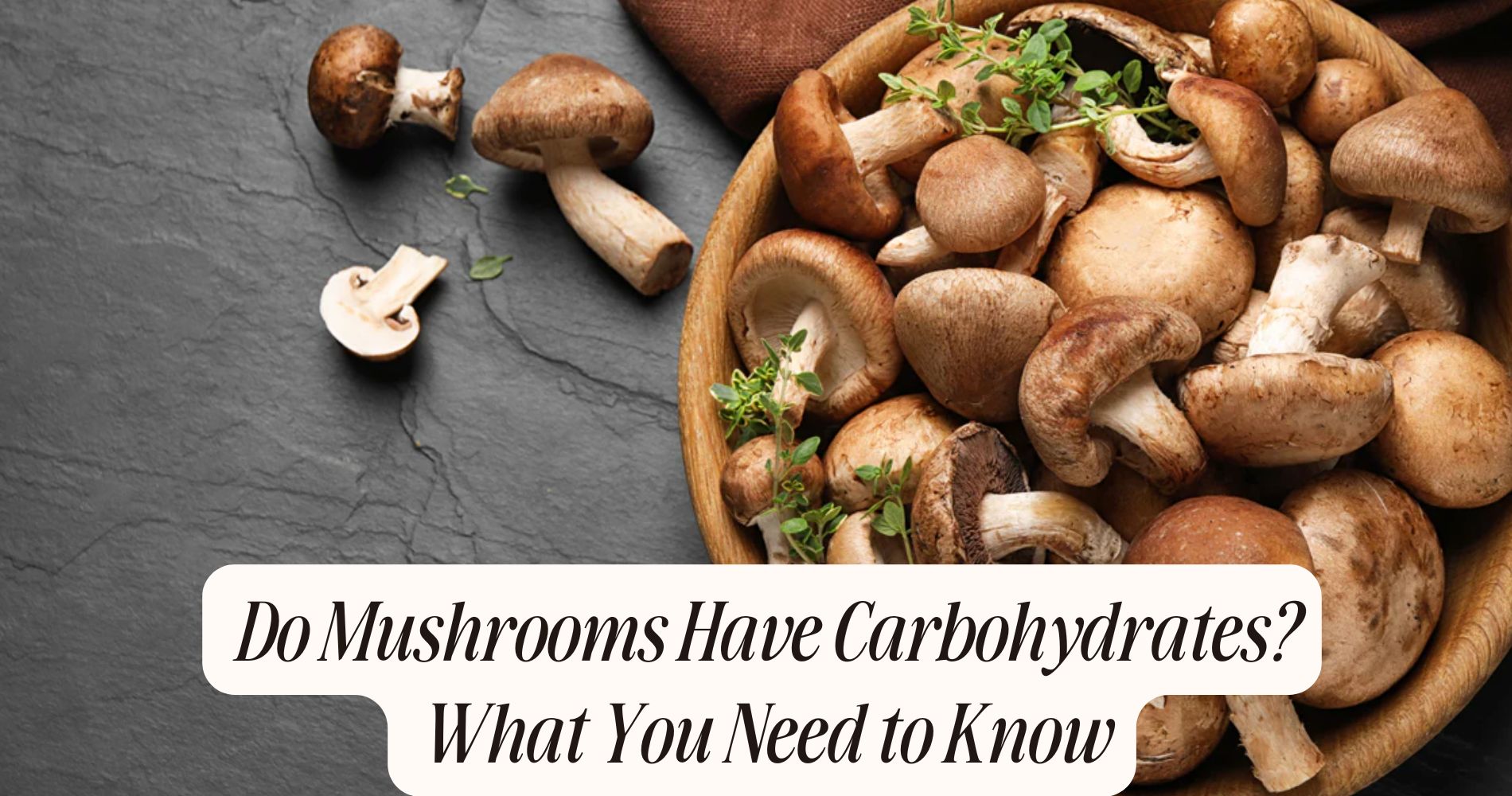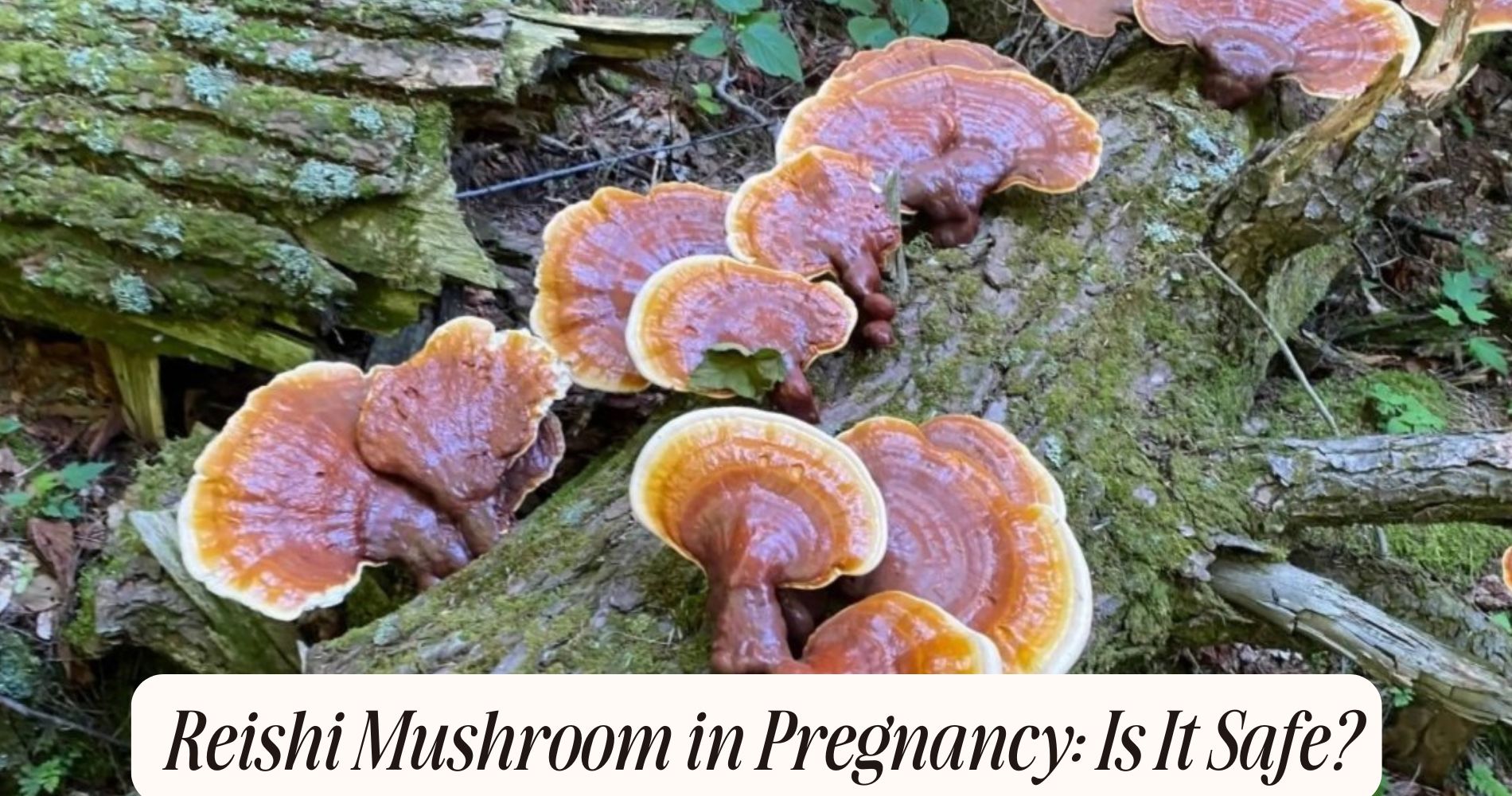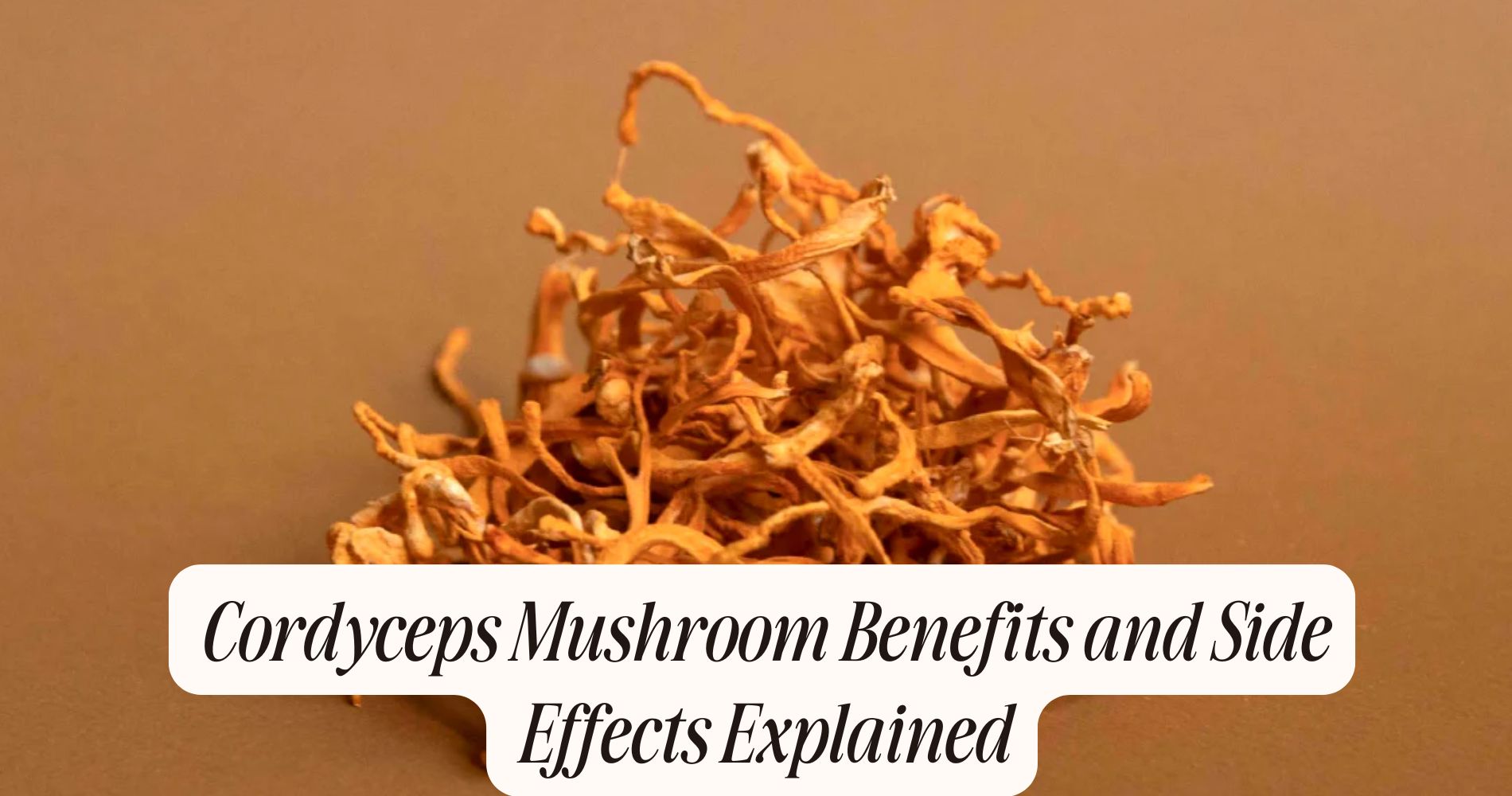
Do Mushrooms Have Carbohydrates? What You Need to Know
Do mushrooms have carbohydrates? Mushrooms do contain carbohydrates, but they're very low in content, making them great for carb-conscious diets. The main carbohydrate is chitin, which acts as a fiber and aids digestion. Small amounts of glucose are present too, but they have minimal impact on blood sugar levels. Their low-carb nature, coupled with nutritional benefits like antioxidants and beta-glucans, makes mushrooms a valuable addition to your meals. Discover more about which types fit your dietary needs.
Understanding Carbohydrates in Mushrooms
Carbohydrates in mushrooms may not be as well-known as those in grains or fruits, but they're an important aspect of their nutritional profile. You might be surprised to learn that mushrooms have a relatively low carbohydrate content, making them an excellent option for those monitoring their intake.
The primary carbohydrate in mushrooms is chitin, a type of fiber that contributes to digestive health. This fiber can promote beneficial gut bacteria, enhancing your overall well-being. Additionally, mushrooms contain small amounts of glucose and other sugars, providing minimal impact on blood sugar levels.
Including mushrooms in your diet can offer health benefits such as improved digestion and potential support for weight management. By understanding these benefits, you can make informed dietary choices that enhance your health.
Comparing Different Types of Edible Mushrooms
When exploring the world of edible mushrooms, you'll find a fascinating variety of types, each with distinct nutritional profiles and culinary uses.
Shiitake mushrooms stand out for their rich umami flavor and potential health benefits, such as supporting immune function and heart health. They contain eritadenine, which may help lower cholesterol levels.
Portobello varieties, on the other hand, are praised for their meaty texture, making them a popular meat substitute in vegetarian dishes. These large mushrooms are high in fiber and contain B vitamins, essential for energy production.

Both shiitake and portobello mushrooms are low in carbohydrates, making them a good choice for those monitoring their carb intake.
Explore these options to enhance your dishes with both flavor and nutrition.
Mushrooms in Low-Carb and Keto Diets
Although low-carb and keto diets have gained popularity for their potential health benefits and weight management capabilities, incorporating nutrient-dense foods like mushrooms can enhance these dietary approaches.
Mushrooms are low in carbohydrates, making them an ideal choice for these diets. They offer versatility, with various mushroom varieties such as button, shiitake, and portobello fitting seamlessly into low carb recipes.
You can use mushrooms in stir-fries, soups, or as a meat substitute in burgers. Their texture and umami flavor add depth to dishes without adding unnecessary carbs.
Nutritional Benefits Beyond Carbohydrates
While mushrooms are low in carbohydrates, they offer a wealth of nutritional benefits that can enhance your diet in various ways. One of the standout features is their antioxidant properties. Mushrooms contain compounds such as selenium and ergothioneine, which help combat oxidative stress and protect your cells from damage. This makes them a valuable addition to your diet for maintaining overall health.

Moreover, mushrooms play a role in immune support. They contain beta-glucans, which stimulate your immune system and help fend off infections. Research even suggests that regular mushroom consumption can enhance your body's ability to fight illnesses.
Tips for Incorporating Mushrooms Into Your Meals
Adding mushrooms to your meals is a simple yet effective way to enhance both flavor and nutrition. Packed with vitamins and minerals, mushrooms can elevate a variety of dishes.
Start by exploring mushroom recipes that suit your taste and dietary needs. For a quick and nutritious boost, toss mushrooms into stir-fries or use them as a filling for omelets. If you're aiming for a heartier dish, mushrooms can serve as a meat substitute in burgers or stews.
When preparing, remember these cooking tips: sauté mushrooms over medium heat to bring out their rich, earthy flavors, and avoid overcrowding the pan to guarantee they cook evenly.

Upgrade Your Mushroom Game with Super Mushroom Gummies
Looking for a simpler way to enjoy the power of mushrooms without the prep? Try Well Gummies' SUPER MUSHROOM GUMMIES — a tasty, chewable alternative packed with the benefits of 10 functional mushroom varieties. Each gummy is designed to fuel your brain, boost immunity, and promote calm, sustained energy—all without the jitters or crash. Plus, with a fresh wild berry flavor, they’re as delicious as your favorite candy. Whether you're tracking carbs or just want a convenient wellness boost, these vegan-friendly gummies make it easy to stay balanced and focused every day.
Frequently Asked Questions
Are Mushrooms Considered a Protein Source?
You're wondering about mushroom nutrition and protein content. While mushrooms offer some protein, they're not a primary source. They contain around 3 grams per cup, so you'd need other protein-rich foods to meet dietary needs.
Can Mushrooms Be Eaten Raw?
You can eat mushrooms raw, and they offer benefits like vitamin D and antioxidants. However, guarantee safety by washing them thoroughly to remove dirt and bacteria. Some varieties, like morels, shouldn't be consumed raw due to toxins.
Do Mushrooms Have Any Allergens?
You should know that mushroom allergies are uncommon but possible. If you're allergic, you might experience common symptoms like hives, itching, or difficulty breathing. Consult with a healthcare professional for personalized advice if you suspect an allergy.
How Should Mushrooms Be Stored for Freshness?
You should store mushrooms in a paper bag in the fridge for ideal storage. This allows them to breathe, preventing moisture buildup. These freshness tips help maintain their texture and taste for up to a week.
Are There Any Rare Edible Mushroom Varieties?
You're curious about rare mushroom varieties, huh? Yes, some like matsutake and black truffle offer unique mushroom flavors. When foraging or purchasing, make certain they're properly identified to avoid toxic look-alikes. Always research and consult a mushroom expert.
Conclusion
When considering mushrooms in your diet, remember that they do contain carbohydrates, but in relatively low amounts. Different types of edible mushrooms vary slightly in their carb content, making them a versatile choice for low-carb and keto diets. Beyond carbs, mushrooms offer numerous nutritional benefits, including vitamins, minerals, and antioxidants. To maximize these benefits, try incorporating a variety of mushrooms into your meals, balancing flavor with nutrition while supporting your dietary goals.




